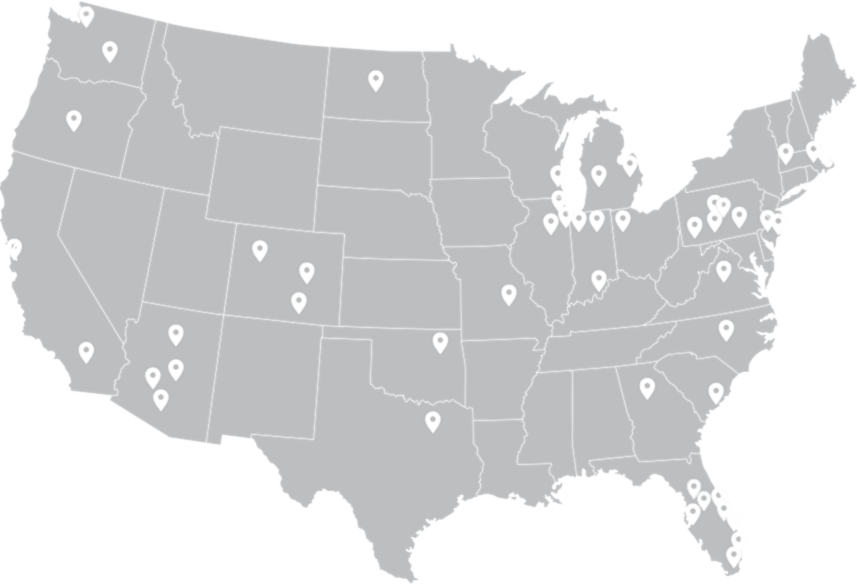You’ve worked hard to build it. Let us work hard to sell it.
In Brokered Transactions
Qualified Buyers
Of Businesses Brought to Market are Sold

Our sellers and buyers are everywhere. So are we. With our experienced team of brokers, we have the ability to help you sell or buy in any market, nationwide.






Why, When, and How to Sell Your Restoration Business